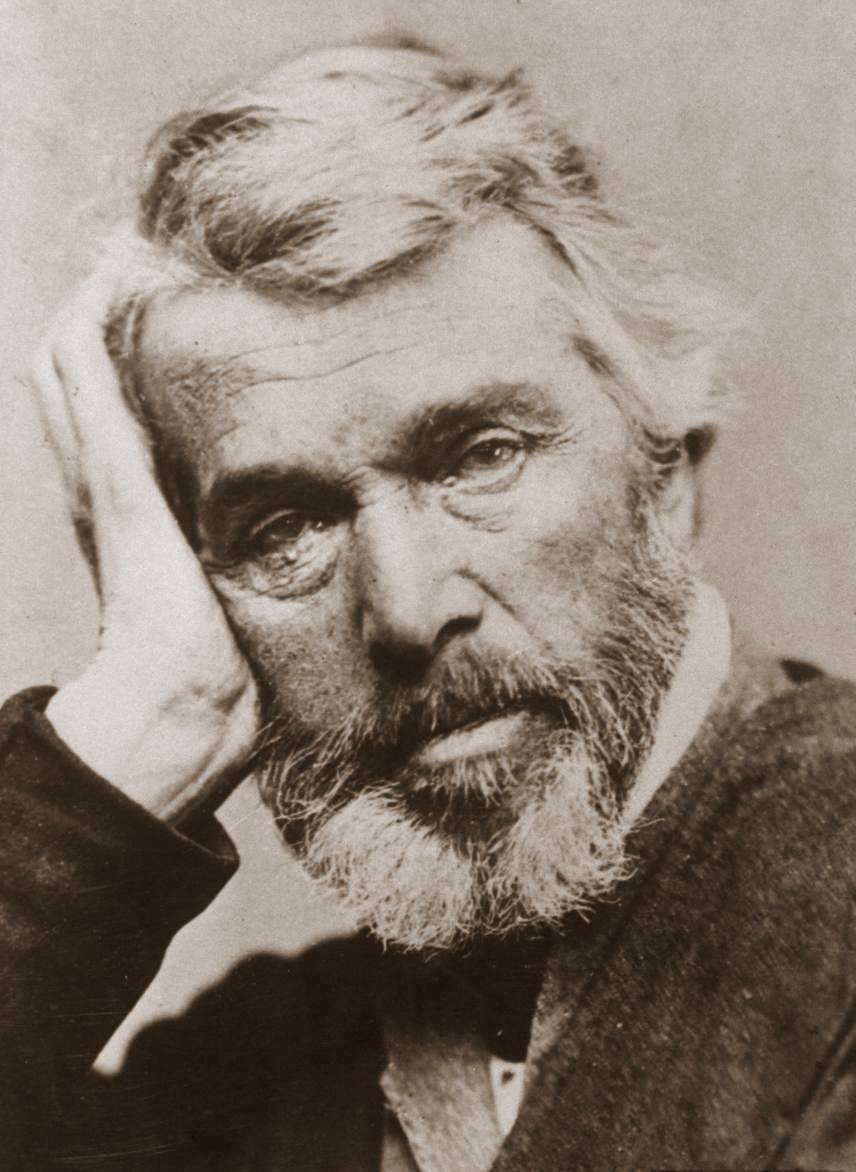Voltaire, Foreign Review, (1829); compare: "How comes it to pass, then, that we appear such cowards in reasoning, and are so afraid to stand the test of ridicule?", Shaftesbury, Characteristics. A Letter concerning Enthusiasm, sect. 2.; "Truth, 't is supposed, may bear all lights; and one of those principal lights or natural mediums by which things are to be viewed in order to a thorough recognition is ridicule itself", Shaftesbury, Essay on the Freedom of Wit and Humour, sect. 1.; "'T was the saying of an ancient sage [Gorgias Leontinus, apud Aristotle's "Rhetoric," lib. iii. c. 18], that humour was the only test of gravity, and gravity of humour. For a subject which would not bear raillery was suspicious; and a jest which would not bear a serious examination was certainly false wit", ibid. sect. 5.
1820s, Critical and Miscellaneous Essays (1827–1855)
